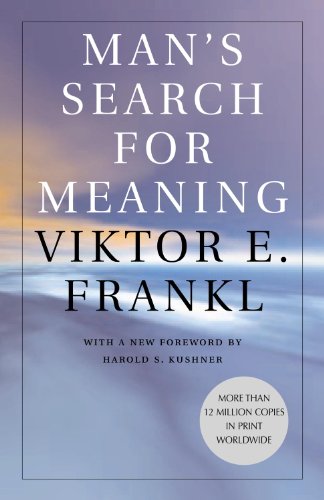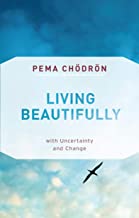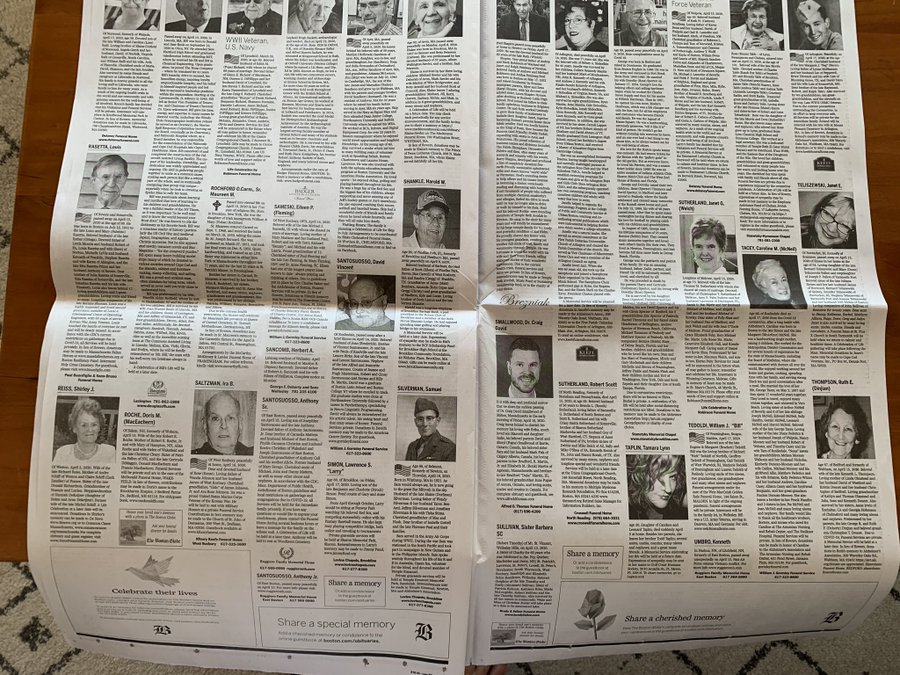I am going to admit right here and now that as I have (hopefully) gracefully aged, I have added reading the newspaper obituaries to my morning ritual.
And while I started this pursuit so I would not miss how life ends for some acquaintances, I have instead turned it into a lesson on how to live life.
The best obituaries are short stories on lives well-lived. There are common themes to these tales. Love of a partner and a family. Hobbies. Travel. Passion for sports teams. A social circle of friends you see regularly. You’ll read so many stories of a person married for many years whose partner passes, and they then find love again with another.
Obituaries also often contain a curriculum vitae. While “dates of employment” are usually noted, the obituary notes what made the deceased’s work life most satisfying. An achievement? Sure. But you more often read of a teacher who loved her students. A craftsperson who took pride in their work. A first responder who put the public’s safety first.
Call me strange, but I sometimes think about what my obituary would say. I hope it says I touched the lives of many in a loving and inspiring way. That I helped them to live a better life. And that I sought to live a meaningful life.

Victor Frankel’s “Man’s Search for Meaning” had a profound effect on me. Its insight into how we survive in difficult circumstances and thrive in other times is simple – life must have some meaning beyond a paycheck or a checked box.
I would want my eulogist to say I was a good friend. The CBS Show, “Sunday Morning,” reported on a 70-year-long study of thousands of people about what made them happy. Good friendships and belonging to a social circle was near the top of the factors for happiness.

And finally I would want my obituary to note that I searched for a spiritual connection to my maker. I am a cradle Catholic, but open to the many ways in which we worship God. A friend and fellow Vistage Chair, Sandeep Khera, shared “Living Beautifully” by Pema Chodron. It’s a thoughtful book detailing three commitments of Buddhism. The more I study about faith, the more I am convinced of their connections – emphasizing where they are similar, rather than their differences.


0 Comments